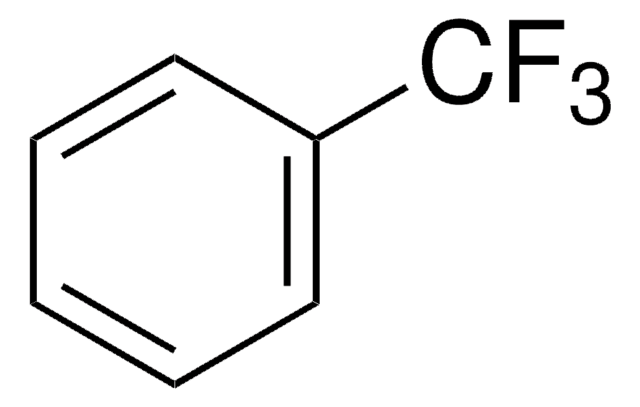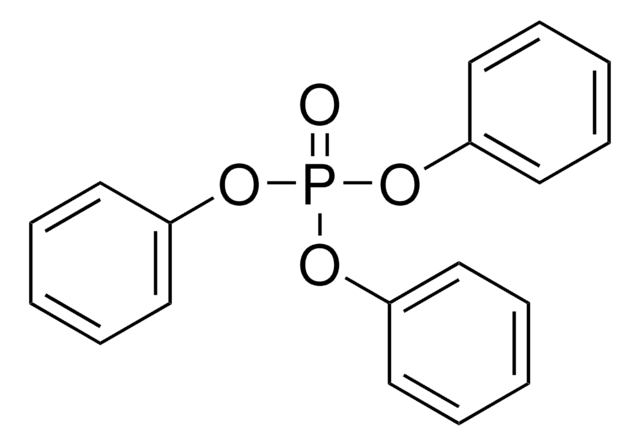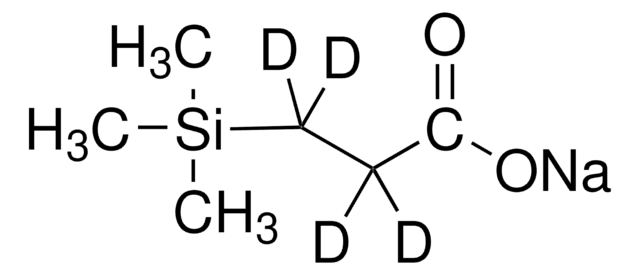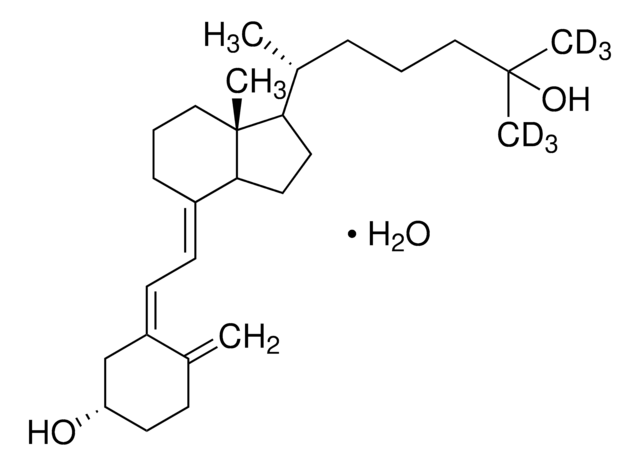612065
Ethylbenzene solution
NMR reference standard, 0.1% in chloroform-d (99.8 atom % D), TMS 0.01 %, NMR tube size 10 mm × 8 in.
About This Item
Recommended Products
grade
NMR reference standard
Quality Level
composition
TMS, 0.01%
concentration
0.1% in chloroform-d (99.8 atom % D)
technique(s)
NMR: suitable
NMR tube size
10 mm × 8 in.
SMILES string
CCc1ccccc1
InChI
1S/C8H10/c1-2-8-6-4-3-5-7-8/h3-7H,2H2,1H3
InChI key
YNQLUTRBYVCPMQ-UHFFFAOYSA-N
Looking for similar products? Visit Product Comparison Guide
Features and Benefits
Quantity
Signal Word
Danger
Hazard Statements
Precautionary Statements
Hazard Classifications
Acute Tox. 3 Inhalation - Acute Tox. 4 Oral - Carc. 2 - Eye Irrit. 2 - Repr. 2 - Skin Irrit. 2 - STOT RE 1 Oral - STOT SE 3
Target Organs
Central nervous system, Liver,Kidney
Storage Class Code
6.1D - Non-combustible acute toxic Cat.3 / toxic hazardous materials or hazardous materials causing chronic effects
WGK
WGK 3
Flash Point(F)
Not applicable
Flash Point(C)
Not applicable
Personal Protective Equipment
Choose from one of the most recent versions:
Already Own This Product?
Find documentation for the products that you have recently purchased in the Document Library.
Our team of scientists has experience in all areas of research including Life Science, Material Science, Chemical Synthesis, Chromatography, Analytical and many others.
Contact Technical Service






